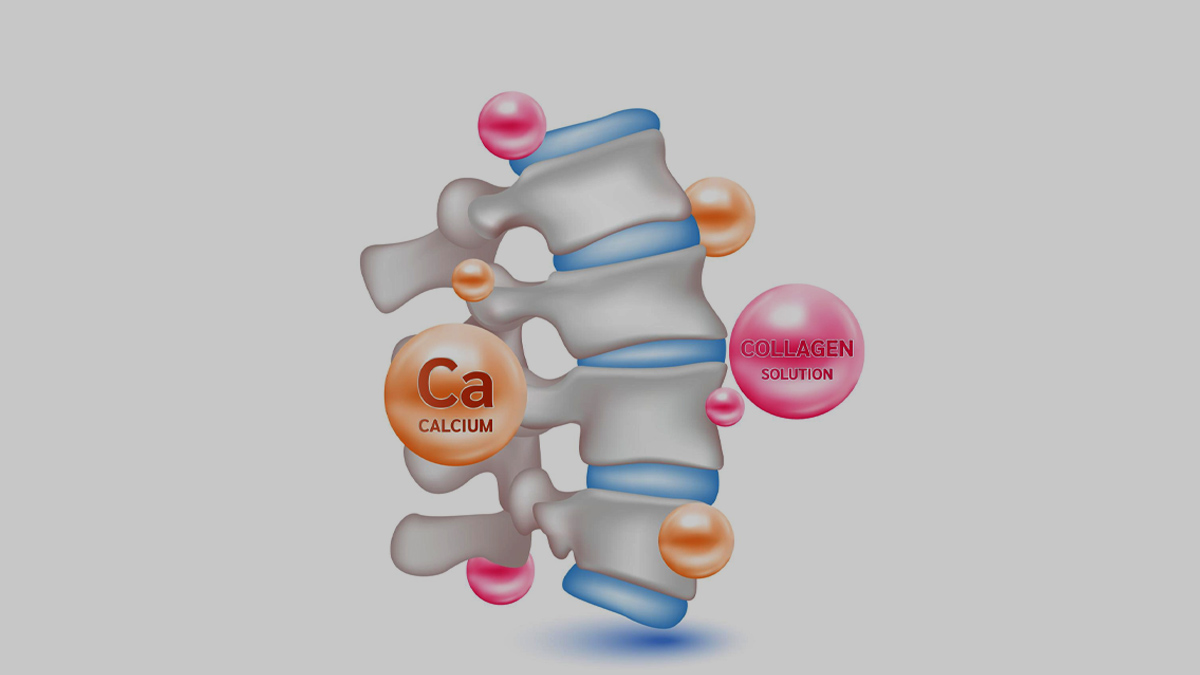
According to research published on NCBI, teeth and bones contain more than 99 percent of total calcium present in a human body. The rest is found in blood, extracellular fluid, muscle, and other tissues, where it regulates vascular contraction and vasodilation, muscular contraction, neuronal transmission, and glandular secretion.
Table of Content:-
The National Institute of Arthritis and Musculoskeletal and Skin Diseases says calcium insufficiency can cause bone-weakening osteoporosis and fractures in your hip, spine, and wrist. A calcium-deficient diet is one of the numerous elements that can raise your risk of bone density loss . So, it becomes imperative to know about the signs of calcium deficiency.
Muscle Cramps
Muscle contractions and movement require calcium. Research says muscular contractions are caused due to a response with regulatory proteins that prohibit actin and myosin interaction in the absence of calcium. Interaction between actin and myosin causes muscles to contract. Different muscles have distinct regulation systems. If you are calcium deficient, you may have muscle cramps, spasms, or twitching.

Also read: Study: Calcium, Potassium Rich Diet May Prevent Recurrent Kidney Stones
Fatigue
Research(Hyperlink) If we talk about proper metabolism and production of bones, then calcium is a vital nutrient to intake. Calcium helps your body convert food into energy. So, it is obvious to experience fatigue or low energy levels if you do not get enough calcium in your daily diet.
.jpg)
Osteoporosis
Calcium is essential for strong bones and teeth. If you are deficient in calcium, you may be at greater risk for developing osteoporosis.
Osteoporosis causes bones to become weak, brittle, and fragile, so even minor stressors like bending over can result in a fracture. Most osteoporosis-related fractures occur in the hip, wrist, or spine.
Tooth Decay
It is important to note that calcium is essential for healthy teeth and gums. You may be more prone to tooth decay if you're deficient in calcium.
.jpg)
Tingling And Numbness In Limbs
Calcium deficiency can cause tingling sensation and numbness in the hands, feet, and face. This is because calcium helps regulate muscle contractions.
Also read: 8 Signs And Symptoms Of Calcium Deficiency You Must Know
Study says tingling sensation in the limbs, particularly the hands and feet, is another common sign of hypocalcemia. Numbness might also be caused by a deficiency of calcium that is required by nerve cells in your body. When calcium levels fall too low, nerve cells struggle to register feelings and deliver information.
Irregular Heartbeat
Calcium is an essential mineral for proper heart function. When calcium levels become too low in the body, this can cause an irregular heartbeat or arrhythmia. Low calcium levels can cause the heart to beat too slowly or erratically. Calcium helps regulate the electrical signals that control the rhythm and rate of the heartbeat. The electrical signals become irregular without adequate calcium, resulting in an irregular heartbeat.
You must speak with your doctor if you’re concerned about calcium deficiency. Your doctor may be able to diagnose the condition based on your symptoms and recommend dietary changes or supplements to help correct the deficiency.
Image credit- FreePik
Also watch this video
How we keep this article up to date:
We work with experts and keep a close eye on the latest in health and wellness. Whenever there is a new research or helpful information, we update our articles with accurate and useful advice.
Current Version
